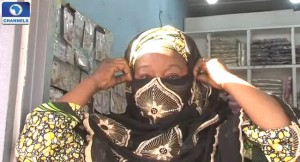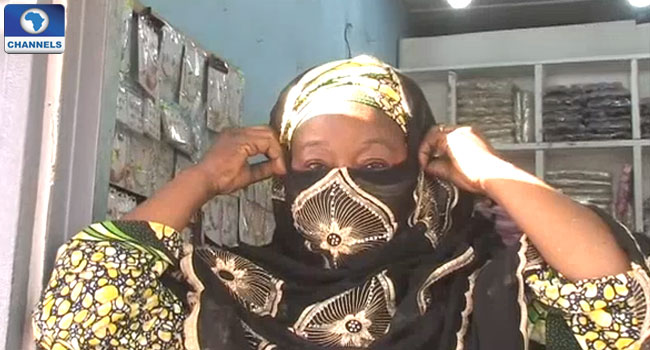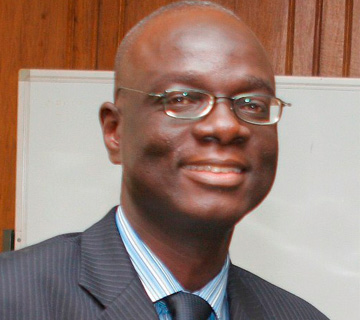
The panel, which was specially constituted by the President of the Court pf Appeal, Justice Zainab Bulkachuwa, was presided over by Justice Ali Gumel.
In his lead judgement, Justice Gumel held that the use of hijab is an Islamic injunction and also an act of worship and it will therefore constitute a violation of the appellants’ rights to stop them from wearing hijab in public schools.
Justice Modupe Onyeabor of an Ikeja High Court had on October 17, 2014, dismissed the suit instituted against the Lagos State Government by two 12-year-old girls under the aegis of the Muslim Students Society of Nigeria, Lagos State Area Unit.
Dissatisfied, the appellants approached the appellate court to set aside the judgement and protect their constitutional rights.
The government had banned the use of Hijab on the argument that it was not part of the approved school uniform for pupils.
But in a unanimous judgment, the appeal court resolved all the five issues raised in favour of the appellants.
The appellate court held that the lower court erred in law when it held that ban of hijab is a policy of the Lagos State Government, who was the respondent in the case.
The court noted that no circular was presented before the lower court to show that it was a policy of Lagos State adding that “he who asserts must prove”
The court further held that if there was a policy, such policy ought to have emanated from the State House of Assembly and not the executive arm of government.
Consequently, the court held that the fundamental human rights of female Muslim students as enshrined in section 38 (1) of the 1999 constitution was violated by the Respondent.
The court dismissed the argument of Lagos State that it made an exception by allowing female Muslim students to wear hijab during prayers.
Other Justices on the five-man panel are Justice M. Fasanmi, Justice Adamu Jauro, Justice J.S. Ikyegh and Justice Ifeoma Jombo-Ofor.




